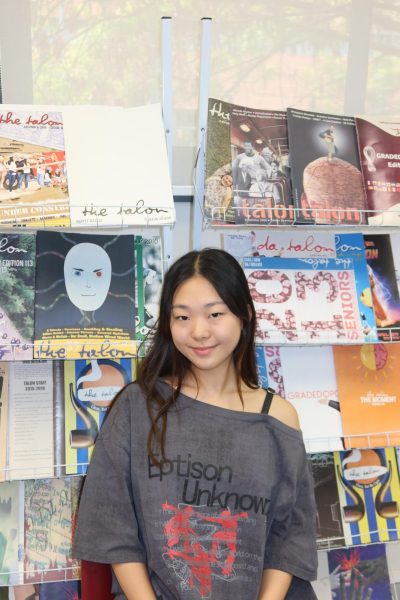The World Hates Me and The Chances are They Hate You Too

Society hates girls.
There, I’ve said it. Given the ways in which young women are scrutinized to behave, demonization is not a surprise. Anything and everything that is associated with women has been torn apart in ways similar to other minority groups while single-handedly rarely being talked about.
Without a doubt, the female demographic is a profitable one. Consequently, there is an abundance of available content. However, regardless of the quality, anything targeted towards young women is generally criticized far harsher than their male counterparts. Take the 2008 novel-turned-movie Twilight as an example. I am not here to debate whether Twilight is good or bad– art is to a high degree subjective. However, the romanticization of abuse in the franchise is objectively bad. Still, that’s not why society tore it apart, far from it. Rather, it was vehemently criticized for being “stupid” and dismissed as “something for girls.”
I wish the media was criticized as much as the media itself criticizes young women. Society ignores much of the entertainment targeted toward girls, making it exceedingly difficult to identify the issues that plague girl; such as body image disturbance, invalidation of trauma, the romanticization of toxic relationships, etc. Society doesn’t take girls seriously, ergo the media is never analysed nor reviewed. It leaves young girls vulnerable and alone. On the one hand, people around us invalidate our interests, making us feel as though there’s nothing but the media to make us feel better. On the other hand, the media also propels toxic messages that can have deadly effects––especially on youth.
Just as we don’t expect boys to understand when they are being manipulated into glorifying violence through video games, we should expect that teenage girls are vulnerable to believing that Bella and Edward’s relationship is healthy. It’s cruel to use children’s naivety against them for the purpose of profit or maintaining stereotypes. This issue further allows misogyny to punish women for existing. The existence of women is just too girly for society. By telling them from a very young age that they and their opinions don’t matter, the media – and by extension the consumers, therefore we – encourage the self-hatred that many women face every day.
Teenage girls are affected by both ageism and sexism. Society appears to hate both age and gender, but only against women. If we don’t guarantee girls that their perspectives hold just as much importance as men’s, then how might we, at any point, desire to accomplish the equality everybody discusses so much? We need to begin questioning why society hates so many of the things that are adored by teenage girls. 16% of the world’s population are girls from the ages of ten to nineteen, meaning that if we do the math, the world hates approximately 1,200,000,000 people. Graded has 636 students that fit the teenage girl demographic. That’s almost 49% percent of the student body. I believe that it’s our responsibility to protect and nourish these girls within our community to make sure that their voices matter and ought to be listened to. By allowing these opinions to be treated with the respect they deserve, it allows women in the future to not face many of the issues that plague women presently.

In her last year with The Talon, Editor-in-Chief Skerry is ready to take on anything. Now a Talon veteran, she hopes to tackle new topics and new people...










